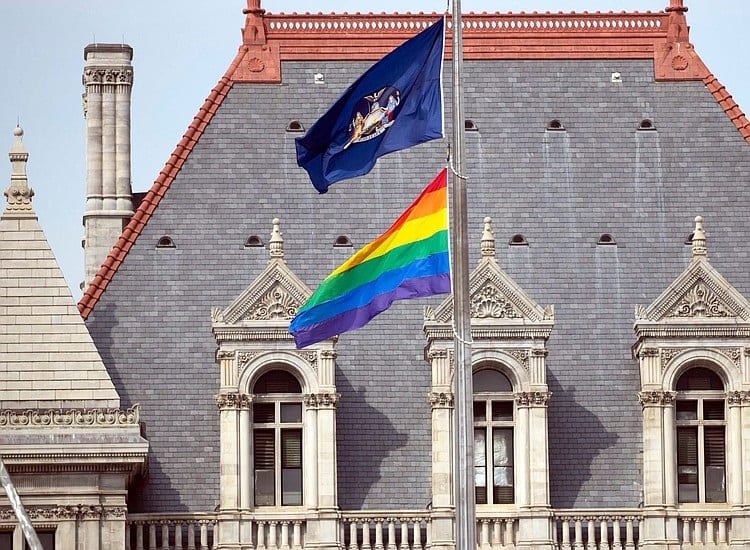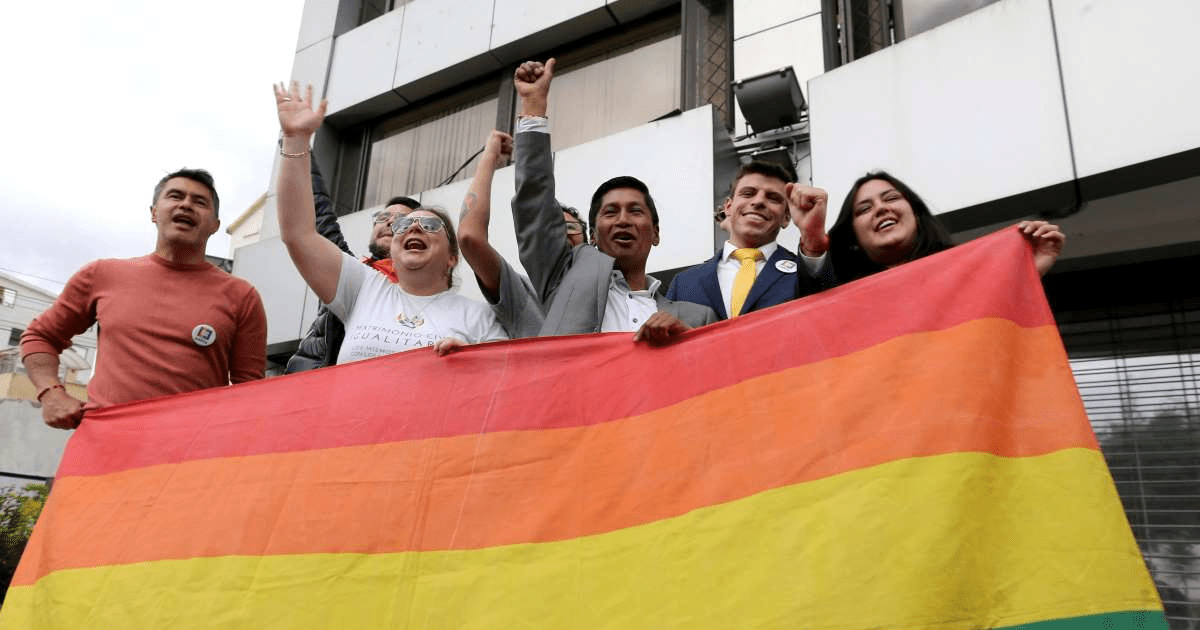
The Oregon State Assembly recently passed legislation – State Bill 577 – strengthening consequences for perpetrators and will expand protections for LGBTQ victims, adding gender identity and expression as a protected class. Now, prosecutors may classify a transphobic violent attack as a hate crime in a court of law.
Last summer, Oregon Attorney General Ellen Rosenblum started the Task Force on Hate Crimes to identify weaknesses in the state’s laws. The Task Force heard personal stories from members of Portland’s refugee and immigrant communities. The Oregon State Senate passed the bill with bipartisan support on June 13, 2019. A week later, the House passed the same version with overwhelming support.
LGBTQ elected officials played a crucial role in SB 577’s inclusive language. These officials included Representative Karin Power, Representative Rob Nosse and Speaker of the Oregon House Tina Kotek. “I know for many people, the capitol feels far away,” Karin Power said in a testimony for SB 577. “But I hope that this legislation sends a message to marginalized people throughout Oregon that we hear you, we care about you, and change is coming.” Each of these state legislators sponsored the bill.
New York State recently enacted legislation to better protect LGBTQ victims of hate crimes in court. Defendants in a criminal case have used the gay and trans “panic” defense to avoid hate-related crime convictions. The gay and trans “panic” defense was long used as a tactic to villainize members of the LGBTQ community, which asks a jury to find that a victim’s sexual orientation or gender identity is to blame for the defendant’s violent reaction, including murder. Assembly Bill A2707, signed into law by New York Governor Andrew Cuomo, prohibits defendants from using a victim’s sexual orientation, gender identity or gender expression as a defense in a criminal case. Openly LGBTQ New York State Assemblymembers Daniel O’Donnell and Deborah Glick were co-sponsors of the bill.
Today the Governor signed into law the bill I passed with Sen @bradhoylman banning ‘Gay and Trans Panic Defense’. From the Stonewall Riots to Marriage Equality to protecting trans lives- proud of New York State for always pushing forward to improve rights for #LGBTQ New Yorkers pic.twitter.com/Q90a8wG9ZX
— Danny O’Donnell (@Danny_ODonnell_) June 30, 2019
In June of 2019, Connecticut also banned the gay and trans “panic” defense. Public Act 19-27, the bill outlawing the “panic” defense, affirms that homophobia and transphobia does not justify violent crime. In a public statement after the bill signing, Connecticut Governor Ned Lamont stated “Claiming that meeting or interacting with someone who is gay or transgender elicited some type of temporary insanity that is supposed to justify a violent crime is ludicrous, and quite frankly it is absurd that this tactic has ever been successfully utilized in the court system. The strategy also implies that the life of a gay or transgender person is valued less than others. We will not allow homophobia and transphobia to be legitimate reasons that justify violent crime.”
Openly LGBTQ state representatives Raghib Allie-Brennan and Jeff Currey were co-sponsors of the bill. “The ‘gay and trans panic defense’ is a mockery of our judicial system. Its very existence is based on hatred, discrimination, and homophobia,” Representative Allie-Brennan said in a public statement. “Passage of this legislation is a victory for the LGBTQ+ community, and for those of us who recognize the importance of equal protection under the law for everyone. I’m proud to have played a role in advocating for its passage and extend my deepest appreciation to Governor Lamont for signing this important legislation.”
Passage of this legislation is part of why I chose to pursue a life of public service. Serving as a voice for those that would often go voiceless and championing causes that affect the wonderful people of my District & CT, help to make all of this meaningful and worthwhile. https://t.co/D8SnPI4eJC
— Raghib Allie-Brennan (@raghibct) June 21, 2019
Despite these enormous steps forward, LGBTQ citizens in the U.S. still are not adequately protected under hate crime legislation. According to the Movement Advancement Project, only about half of the US LGBTQ population lives in states that have hate crime laws covering sexual orientation and gender identity. Courageous LGBTQ elected officials continue to fight to pass these and other laws that would lend greater protections to the LGBTQ community. This is why the LGBTQ Victory Institute works to increase the number of LGBTQ people in public office.



